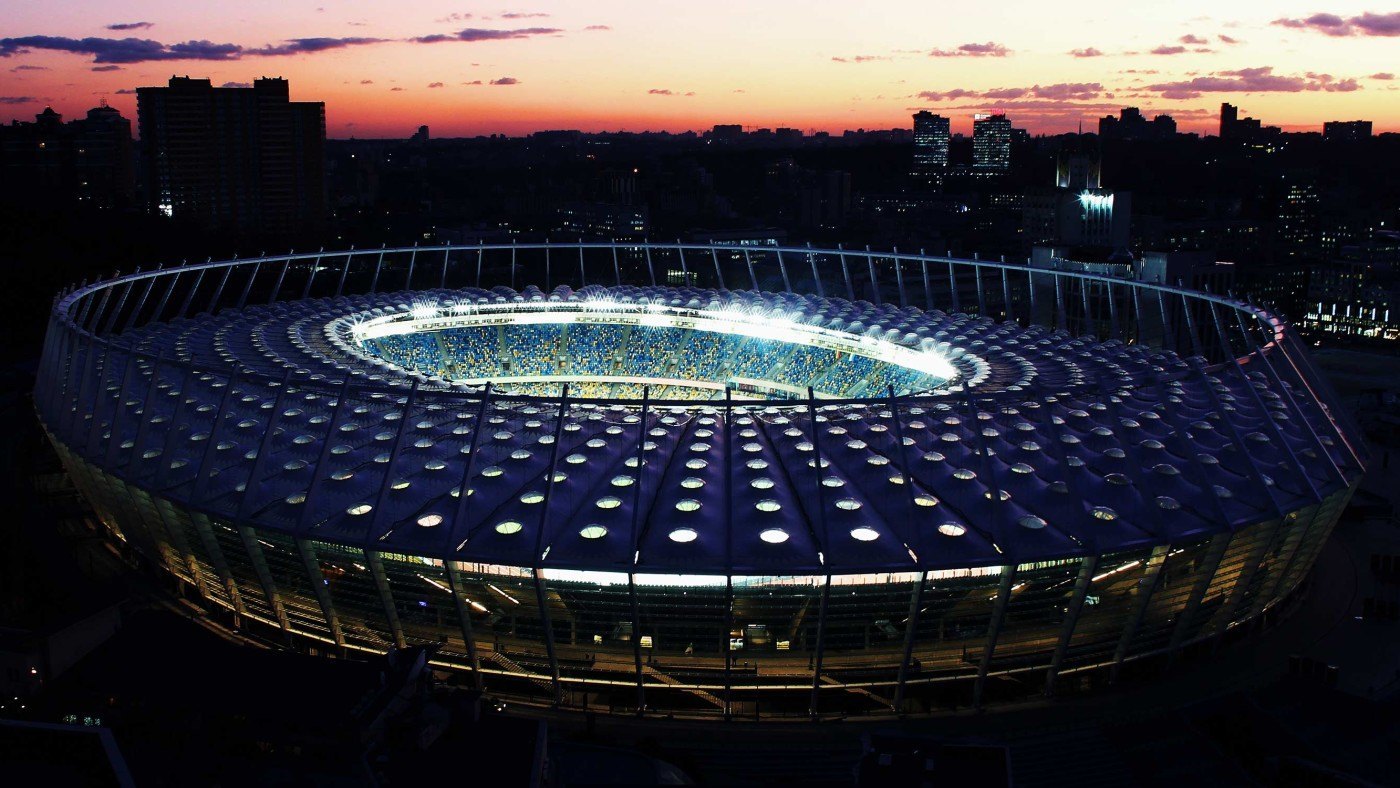It is commonly said that ours is a capitalist economy. It is a misnomer. The term comes from an age of mill owners and mill workers, which could be found in parts of Victorian Britain, but does not correspond to the economic life of modern Britain or America.
How many capitalists have you met? How many have you even heard of?
We can instance George Soros as a contemporary capitalist, and most people can cite Lord Nuffield in Britain, and Henry Ford and a few others in America; but the list soon runs out, and we are hard put to it to name even twenty.
Although, there are some capitalists to be found, and employees who work in large factories, a large part of the economy is run by people who are neither capitalists nor proletarians.
Who are the owners of the means of production in a doctors’ surgery, a school, a parish church, Oxford University Press, or a theatre guild? In the mill towns and pit villages of the nineteenth century it might have seemed plausible to divide society into just two classes, but today rather few individuals can be said to own the means of production, and many who sell their labour are not noticeably poor. Most factories are owned by public limited companies with many shares held by pension funds, investment funds. charities, and unit trusts. The people who actually run the factories are paid employees, who may own some shares but are primarily remunerated by a salary.
The really rich are footballers, film stars, or the author of the Harry Potter books. Ms Rowling did own the pen she wrote with and the paper she wrote on, and footballers own their boots, and can be said to own their feet and ankles, but to make out that they are exploiting down-trodden manual workers by reason of their exclusive hold on the means of production requires a depth of misconception that even a modern Marxist finds difficult to achieve.
The Marxist analysis of our society is inaccurate, and darkens counsel. The important thing about our society is not that there are some large economic entities, but that there are many. It is not so much a capitalist as a decentralised society, with many relatively independent centres of decision-making. That enhances each individual’s sense of his own individuality, through being often able to make some choices all of his own, which is not only good for him, but also good for society.
Although many people make bad choices, some make good ones, which can be copied, and come to be generally adopted by society. Progress, both economic and social, will be facilitated. Inventors and entrepreneurs bring prosperity. Prosperous societies nurture artists, poets and thinkers. Genius is idiosyncratic, and idiosyncrasy is less hampered and frustrated when each individual has some measure of choice.
The real characteristic of Western societies is freedom. People are free to choose. In economic affair they are free to choose their work. They can choose between jobs. This does not mean that they can find whatever paid employment they would most like to have, only that they can choose between available jobs. Sometimes, indeed, the choice is limited and not at all attractive. But though there are circumstances in which people have no real alternative to taking a disagreeable and ill-paid job, usually there is some choice, and sometimes a lot of choice.
For most people freedom is a great benefit; and and life in the modern West better than at any other time or place in history.


